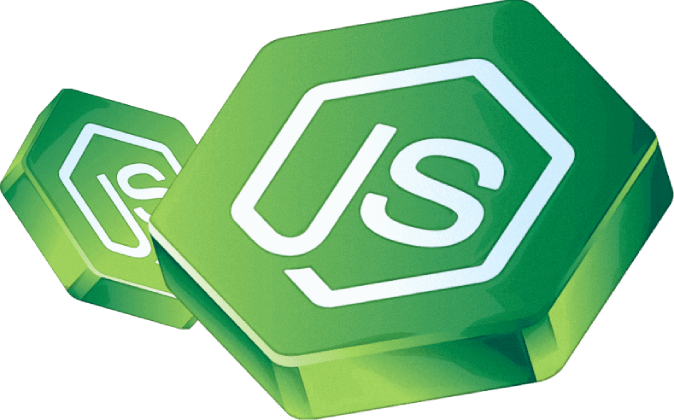News Blast
Stay updated with the latest happenings around the world.
Node.js: Where JavaScript Meets the Server Side
Discover how Node.js revolutionizes JavaScript by bringing it to the server side. Unlock new possibilities for your web applications today!
Understanding Node.js: How JavaScript Powers the Server Side
Node.js is an open-source, cross-platform runtime environment that allows developers to execute JavaScript on the server side. This revolutionary technology enables developers to create scalable and efficient network applications, which is a significant shift from the traditional use of JavaScript solely in the browser. By using JavaScript on both the client and server sides, developers can streamline their workflows, enhancing productivity and reducing the context-switching between different programming languages. The event-driven, non-blocking I/O model of Node.js makes it an ideal choice for building real-time applications, such as chat applications and live streaming services.
Understanding how Node.js leverages the power of JavaScript is essential for modern web development. It operates on a single-threaded model, utilizing an event loop to manage multiple connections simultaneously, which allows for high scalability. Furthermore, the rich ecosystem of npm (Node Package Manager) provides access to thousands of libraries and frameworks, enabling developers to build complex applications more efficiently. In summary, Node.js represents a paradigm shift in server-side programming, making JavaScript a robust and versatile choice for full-stack development.

Top 10 Benefits of Using Node.js for Your Web Applications
Node.js has gained immense popularity among developers for building web applications, thanks to its non-blocking, event-driven architecture. This unique design enables Node.js to handle multiple connections simultaneously, making it highly efficient for I/O-heavy operations. As a result, developers can create web applications that are not only responsive but also capable of processing numerous requests concurrently without bogging down the server. This efficiency translates to improved user experience, especially for applications with high traffic.
Here are the top 10 benefits of using Node.js for your web applications:
- High Performance: Built on the V8 JavaScript engine, Node.js executes code extremely fast.
- Scalability: Particularly suited for microservices architecture.
- Full-Stack JavaScript: Allows developers to use a unified language across client and server.
- NPM Ecosystem: Access to thousands of libraries and tools.
- Real-Time Capabilities: Ideal for applications requiring live data updates.
- Reduced Development Time: Faster build phases due to its flexible nature.
- Community Support: Large, active community for troubleshooting and advice.
- Cross-Platform Development: Facilitates building applications for multiple platforms.
- Modular Architecture: Encourages code reusability and better organization.
- Streamlined Maintenance: Easier to update and maintain over time.
Node.js vs. Traditional Server-Side Technologies: Which is Right for You?
When choosing between Node.js and traditional server-side technologies, it's important to consider the specific needs of your project. Node.js offers a non-blocking, event-driven architecture, making it exceptionally well-suited for applications that demand real-time capabilities, such as chat applications and online gaming. In contrast, traditional technologies like PHP or Ruby on Rails provide a more synchronous approach, which can be advantageous for projects that rely heavily on database interactions and straightforward CRUD operations. Each technology has its strengths and weaknesses, so understanding the nature of your application will help guide your decision.
Furthermore, scalability is a crucial factor when evaluating Node.js versus traditional server-side technologies. Node.js's lightweight, asynchronous nature allows for handling a large number of simultaneous connections with minimal overhead, which is ideal for high-traffic applications. On the other hand, traditional technologies might require more resources to handle similar loads, potentially leading to slower response times. Ultimately, your choice should be based not only on the current demands but also on your project's long-term growth and the development skills available to your team.